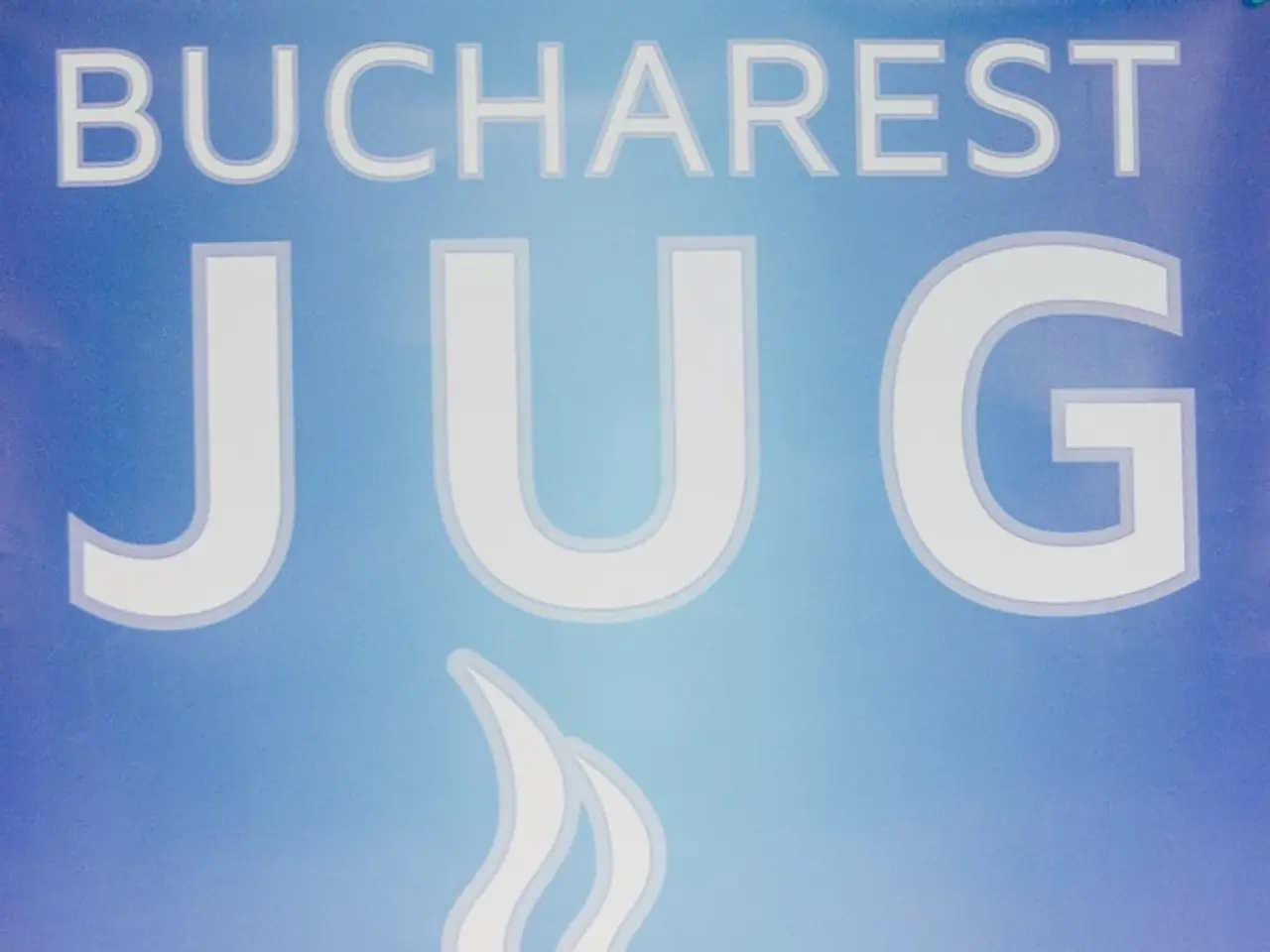Reinforced Pact Established Between Germany and Britain
In a historic move, Chancellor Friedrich Merz and British Prime Minister Keir Starmer have signed a comprehensive friendship treaty, five years after Brexit, at the Victoria and Albert Museum in London. This landmark agreement, spanning 27 pages, focuses on mobility, defense, migration, and cross-border crime, deepening the ties between the two nations.
The treaty establishes a mutual defense pact, ensuring that neither country will face a strategic threat the other would not also face. This newfound commitment extends beyond their existing NATO obligations, aiming for closer cooperation in arms, military mutual aid, and intelligence sharing. The two countries plan joint responses to challenges such as Russian aggression, seen as the most immediate threat, and the shared defense of NATO's flanks. The treaty also envisions trilateral cooperation with France within the E3 format.
In the realm of migration and crime prevention, both countries have agreed to crack down on people-smuggling gangs operating in the English Channel. Germany has committed to modifying its laws by the end of the year to criminalize the facilitation of illegal migration, targeting the supply and storage of small boats used by smugglers. The treaty enhances law enforcement cooperation to disrupt these smuggling networks.
The treaty also fosters enhanced mobility via improved transport links. A notable development is the planned Eurostar direct route from London to Frankfurt, expected in the early 2030s, improving direct connectivity between the UK and Germany. Additionally, the treaty includes concrete travel facilitation measures such as visa-free travel for school groups and a direct rail connection between the two countries.
Beyond migration crime, the treaty promotes broader bilateral collaboration on security issues, including shared intelligence efforts to address hybrid threats and maintain security in Europe, strengthening the overall partnership between the two countries.
The treaty also addresses mobility issues created by Brexit, particularly in education, science, culture, and political organizations, with an expert group seeking solutions. The UK hopes that a change in course in Germany will lead to additional exports of jointly produced defense goods worth billions.
The UK and Germany will also strengthen cooperation in the fight against cross-border crime, particularly targeting money laundering, illegal financial flows, and drug trafficking. From late August, the first British travelers will be able to use automated border control gates (E-Gates), with their use to be expanded as quickly as possible.
The treaty's action plan includes mutual legal assistance, support in pursuing criminals, and effective border controls. The UK and Germany aim to implement an action plan to combat human trafficking as part of their efforts to curb irregular migration. It's important to note that Germany is considered a hub for inflatable boats and other equipment used by migrants.
As of now, over 20,000 people have already crossed the English Channel this year, making 2025 on track to be a record year for migrant crossings. The Labour government of Prime Minister Starmer is under domestic pressure to reduce this recent increase in migrant crossings.
This treaty marks a significant step forward in the relationship between the UK and Germany, setting the stage for closer cooperation in various sectors and addressing pressing issues that affect both nations.
The treaty between Chancellor Friedrich Merz and British Prime Minister Keir Starmer addresses not only mobility and defense but also migration and crime. The agreement includes a mutual defense pact, improved transport links, and enhanced law enforcement cooperation to combat people-smuggling gangs.
The treaty also aims to reduce migrant crossings, with Germany committing to modifying its laws to criminalize the facilitation of illegal migration. Additionally, the UK and Germany seek to combat human trafficking as part of ongoing efforts to curb irregular migration.
Apart from security issues, the treaty promotes collaboration in various sectors, including education, science, culture, and politics, with an expert group working on solutions to mobility issues caused by Brexit. The treaty also focuses on strengthening cooperation in the fight against cross-border crime, particularly targeting money laundering, illegal financial flows, and drug trafficking.








